The rise of virtual worlds has given birth to a fascinating linguistic phenomenon that scholars are now calling "ludolinguistics" – the study of language evolution within gaming ecosystems. What began as simple text-based communication in early multiplayer games has blossomed into complex linguistic systems with their own grammar, vocabulary, and cultural contexts.
From "pwned" to "GG", gaming vernacular has already infiltrated mainstream culture, but the depth of linguistic innovation happening within virtual worlds goes far beyond these surface-level examples. Modern massively multiplayer online games have become petri dishes for spontaneous language creation, where players from diverse linguistic backgrounds collaborate to develop efficient communication systems tailored to their digital environments.
The phenomenon isn't limited to English-based games. In Chinese gaming communities, character combinations like "氪金" (spend money) and "肝帝" (hardcore player) have emerged from gaming subculture into wider usage. Similarly, Korean online games have produced hybrid terms like "노잼" (no fun) that bridge gaming and everyday conversation.
What makes virtual world languages unique is their situational adaptability. Unlike natural languages that evolve over centuries, game languages emerge rapidly in response to specific gameplay needs. The battle royale genre alone has generated dozens of positional terms like "third party" (interrupting an existing fight) and "rotation" (strategic movement) that carry precise meanings understood across language barriers.
Roleplaying servers in games like World of Warcraft have developed elaborate fantasy dialects, complete with archaic pronouns and medieval-sounding verb conjugations. These constructed languages (conlangs) serve both practical communication and immersion purposes, creating linguistic barriers that reinforce the magic circle separating game reality from the physical world.
The economic dimension of virtual worlds has spawned its own financial lexicon. Terms like "RMT" (real money trading), "gold farming," and "loot box" describe behaviors and systems that simply didn't exist before digital economies. Crypto-gaming has added another layer with concepts like "play-to-earn" and "NFT attributes" entering player vocabularies.
Linguistic anthropologists have identified several patterns in how game languages develop. Compression is common – complex actions get reduced to single terms like "aggro" (managing enemy attention). Borrowing occurs frequently, with technical terms from programming ("spawn," "render") becoming everyday gaming words. Perhaps most interesting is semantic shift, where ordinary words acquire specialized meanings – "toxic" no longer refers to chemicals but to negative player behavior.
Voice chat platforms have introduced phonetic innovations that challenge traditional linguistic norms. Gamers worldwide have developed hybrid pronunciations to facilitate cross-language communication, resulting in phenomena like "Engrish" (Japanese-accented English gaming terms) or "Konglish" (Korean-English gaming hybrids). These spoken variants often carry more prestige within gaming contexts than "proper" pronunciation.
The social functions of game language reveal its depth. Specialized terms create in-group bonding while excluding outsiders – knowing when to say "LFG" (looking for group) versus "LFM" (looking for more) marks someone as an experienced player. Some games even develop "anti-languages" used by cheating communities, with deliberately obscure terms to avoid detection.
Educational implications are beginning to surface as researchers note how gaming languages facilitate second language acquisition. The constrained communication systems in games provide scaffolding for language learners, while the high-stakes cooperative gameplay provides strong motivation for cross-cultural communication. Some educators are experimenting with "game-informed language teaching" that incorporates these natural learning environments.
Corporate interests have taken notice of gaming linguistics, with companies hiring localization experts who understand these organic language systems. Traditional translation approaches often fail in games because they don't account for how players actually use terms in context. The most successful localizations now involve deep community research to capture not just denotative meaning but cultural connotations.
Looking ahead, as virtual and augmented reality technologies mature, we're likely to see even more sophisticated linguistic developments. Spatial voice chat may give rise to positional language markers, while full-body avatars could introduce gestural language elements. Some researchers speculate we may see the first fully-formed creole languages emerge primarily within virtual worlds within the next decade.
The study of game languages challenges traditional linguistic frameworks that assume language develops primarily for face-to-face communication. These digital vernaculars demonstrate how human linguistic capacity adapts to new technological environments, creating communication systems as rich and complex as any natural language – just born of headsets and hotkeys rather than hearths and homesteads.

By /Jul 3, 2025

By /Jul 3, 2025
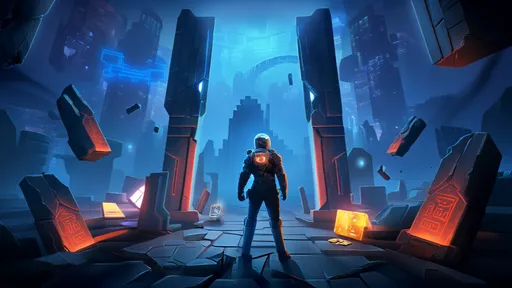
By /Jul 3, 2025

By /Jul 3, 2025

By /Jul 3, 2025
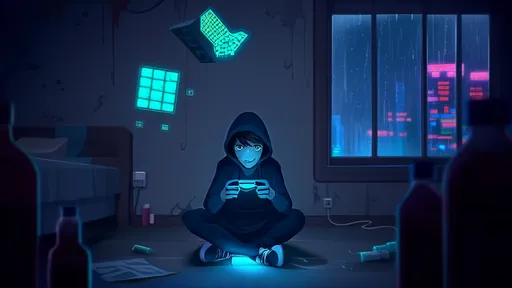
By /Jul 3, 2025
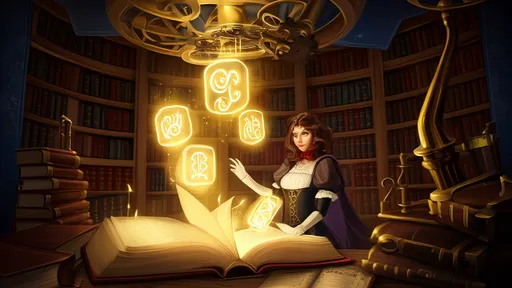
By /Jul 3, 2025
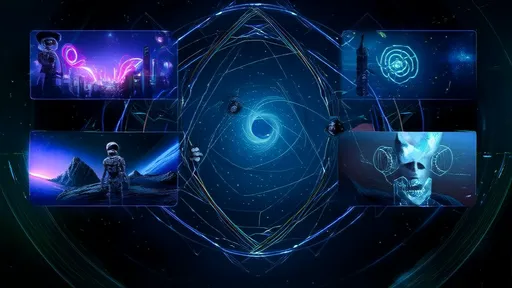
By /Jul 3, 2025

By /Jul 3, 2025

By /Jul 3, 2025

By /Jul 3, 2025
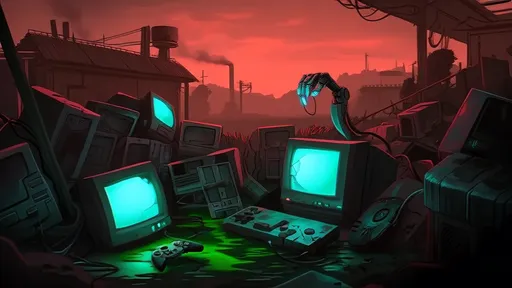
By /Jul 3, 2025

By /Jul 3, 2025

By /Jul 3, 2025

By /Jul 3, 2025

By /Jul 3, 2025

By /Jul 3, 2025

By /Jul 3, 2025